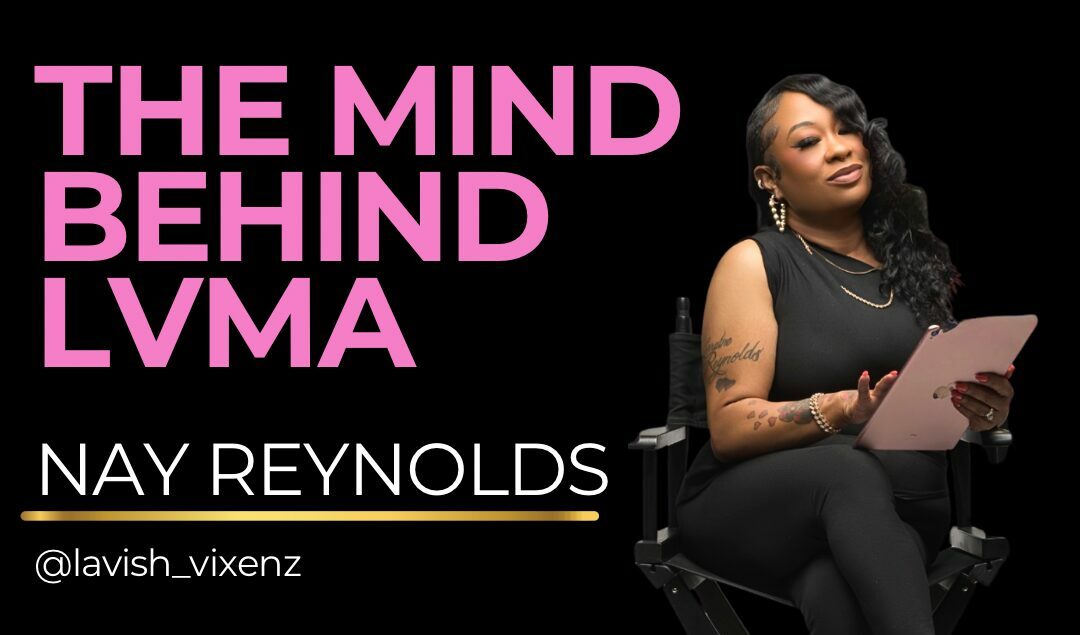We were lucky to catch up with Brandy Unger recently and have shared our conversation below.
Brandy, thank you so much for agreeing to talk with us about a deeply personal and sensitive topic. Postpartum depression affects so many in the community and hearing from someone who has overcome PPD might help someone who is going through it right now. For readers, please note this is not medical advice, we are not doctors, you should always consult professionals for advice and that this is merely one person sharing their story and experience
As a psychotherapist and a mother of two, my journey through postpartum depression (PPD) and postpartum anxiety (PPA) has been both challenging and transformative. After the birth of my first child, I was caught off guard by the overwhelming feelings of sadness, anxiety, and isolation that crept in. Despite being a therapist, I didn’t recognize the signs of PPD until several months after delivery. The physically rough delivery and a longer-than-expected recovery compounded my struggle, and I had unrealistic expectations of what being a “good mom” meant. I thought I would easily identify the symptoms, but sometimes, we are our own blind spot.
Acknowledging that I needed help was the first step toward recovery. I sought support from a therapist who specialized in postpartum depression, providing me with a safe space to express my feelings and work through the overwhelming emotions. Therapy sessions equipped me with coping strategies and techniques to manage my anxiety and sadness, and I learned that these feelings were common and treatable, not a reflection of my capabilities as a mother.
My support network, including my supportive husband, family, and friends, played a crucial role in my recovery. Connecting with other new mothers who were experiencing similar challenges helped me feel less isolated and more understood. Self-care became a critical component of my healing process, and I made time for activities that nurtured my well-being, such as taking walks, practicing mindfulness, and allowing myself moments of rest. Gradually, these practices helped me regain a sense of balance and control.
When my second child was born, I approached things differently. Armed with the knowledge and awareness from my first experience, I took a proactive approach by putting support systems in place both before and after delivery. I had a therapist throughout pregnancy and after delivery, and this time, I faced postpartum anxiety, which brought intrusive thoughts about safety that were often paralyzing. It was a challenging period, but with a combination of therapy, medication, and self-care practices, I was able to navigate through it.
Overcoming PPD and PPA has deepened my empathy and understanding as a psychotherapist, allowing me to support my clients with even greater compassion and insight. My own experiences have reinforced my belief that with the right support and resources, it is possible to emerge from such challenges stronger and more resilient.
Recognizing the importance of prenatal and postpartum care, I made it a priority to specialize in this area within my practice. Supporting other mothers through these challenges has become a central part of my work, fostering a community where moms help other moms, promoting understanding, empathy, and healing. To any woman or partner experiencing these struggles, know that there is hope. With the right resources, support, and self-care, you can overcome these challenges and find a path to healing and balance.

Thanks for sharing that. So, before we get any further into our conversation, can you tell our readers a bit about yourself and what you’re working on?
My psychotherapy practice is founded on professional expertise, personal authenticity, and a deep commitment to client well-being. I combine my professional knowledge with personal experience to create a safe and supportive environment for my clients.One of the most exciting aspects of my work is integrating person-centered methodologies with trauma-informed care. This approach ensures that each client feels truly heard and validated while providing effective strategies to address their unique challenges.
What sets my practice apart is the privilege of witnessing genuine, transformative moments of breakthrough and realization in my clients. These moments, where clients release long-held burdens or discover newfound hope, are incredibly rewarding and highlight the profound impact of therapy. My approach balances warmth and professionalism, creating a space where clients feel both safe and guided.
My brand blends expertise with a personal touch. I hold a Master of Science in Clinical Mental Health and a Juris Doctorate, and I am a National Board-Certified Counselor, a Certified Eudaimonia Clinician, and a Licensed Professional Counselor in Texas, Louisiana, and Florida. My background in law, forensic psychology, and private practice has given me a broad understanding of various psychological challenges. I also believe in the power of humor and laughter in therapy. Even when dealing with difficult topics, bringing joy into the session can be incredibly healing and help build a stronger therapeutic relationship.
Ultimately, my mission is to guide individuals toward greater understanding, healing, and fulfillment. Whether through individual sessions, couples’ sessions, or the Eudaimonia Program, I am dedicated to helping clients achieve their mental health goals and live authentically.
Looking back, what do you think were the three qualities, skills, or areas of knowledge that were most impactful in your journey? What advice do you have for folks who are early in their journey in terms of how they can best develop or improve on these?
Reflecting on my journey as a psychotherapist, four qualities and skills stand out as particularly impactful: empathy, effective communication, continuous learning, and exposure to various clinical settings. These qualities have shaped my career and can guide new therapists as they embark on their professional paths.
Empathy: Empathy is at the heart of effective therapy. It allows me to truly understand and connect with my clients, creating a safe and supportive environment for healing. My ability to empathize has been strengthened through personal experiences, such as navigating postpartum depression and anxiety. These experiences have deepened my understanding and compassion, enabling me to relate to my clients on a profound level. When I was a new therapist, I cultivated empathy by actively listening to others, engaging in reflective practices, and exposing myself to diverse perspectives and experiences.Currently, I foster empathy by staying present with my clients during sessions and continuously honing my skills through mindfulness practices and ongoing professional development. I also make it a point to engage in regular supervision and peer consultations, which help me gain new insights and perspectives. By remaining curious and open to learning from each interaction, I ensure that my capacity for empathy continues to grow, allowing me to provide the best possible support for my clients.
Effective Communication: Clear and compassionate communication is essential in building trust and facilitating meaningful change in therapy. This involves not only speaking but also listening deeply and responding appropriately. My work in various settings, from forensic psychology to private practice, has honed my communication skills and taught me the importance of tailoring my approach to each client’s unique needs. I continuously build this skill by seeking feedback from my clients, engaging in ongoing training, and staying present and attentive during each session to ensure my clients feel heard and understood.
Continuous Learning: The field of psychology is constantly evolving, and staying informed about the latest research and therapeutic techniques is crucial. Throughout my career, I’ve made it a priority to pursue advanced education and specialized training, which has enriched my practice and allowed me to offer a wide range of effective interventions. I embrace a mindset of lifelong learning by attending workshops, pursuing certifications, and staying current with professional literature. I also participate in professional organizations and peer supervision, which provide valuable opportunities for growth and development.
Exposure to Various Clinical Settings: Exposing myself to various clinical settings—such as community-based programs, the legal system, and group private practice—provided invaluable experience. It allowed me to work with patients across a wide range of demographics, from pediatrics to adults to gerontology. This diverse exposure helped me encounter a variety of diagnoses, including those not commonly seen in private practice. This exposure not only made me a better therapist, it also helped me discover my niche and learn something new about myself.
Who is your ideal client or what sort of characteristics would make someone an ideal client for you?
My ideal client is someone who, despite feeling overwhelmed or uncertain, is ready to take that courageous first step towards improving their well-being. They might be grappling with anxiety, self-doubt, or various other challenges, yet they have a genuine desire to seek support and embrace positive change. This client values authentic self-expression and is open to exploring their emotions and experiences within a safe, non-judgmental space.
They understand that therapy is a collaborative process, and they are willing to engage in honest conversations, even when it feels challenging. My clients are those who recognize that growth often involves discomfort, but they are committed to their journey towards healing and self-discovery.
In addition to individuals, I also specialize in working with couples who are navigating high-conflict situations and may be contemplating or considering divorce. My ideal couple clients are those who, despite experiencing conflicts or communication barriers, have a shared commitment to improving their relationship. They are open to exploring their dynamics, understanding each other’s perspectives, and working together towards a more connected and fulfilling partnership.
I also assist divorcing couples who want to consciously uncouple and co-parent in a more peaceful and cooperative manner. These clients are dedicated to creating a stable and supportive environment for their children, even as they transition out of their romantic relationship.
I want to inspire hope in those who may feel hesitant about starting therapy, whether individually or as a couple. I know that taking the first step can be daunting, but once you reach out, I am here to provide the support and guidance you need. Together, we can navigate your journey towards growth and healing, ultimately leading to a more fulfilling and balanced life. I am passionate about helping my clients realize their potential and supporting them every step of the way. So, if you are ready to embark on this journey, whether on your own or with your partner, I am here to walk alongside you and help you achieve the life and relationship you envision.
Contact Info:
- Website: https://brandyunger.com/
- Instagram: https://www.instagram.com/brandyungertherapy/
- Linkedin: https://www.linkedin.com/in/brandyunger/
- Other: https://www.psychologytoday.com/us/therapists/brandy-unger-bee-cave-tx/303392
Image Credits
Jessica Rockowitz Photography
so if you or someone you know deserves recognition please let us know here.




